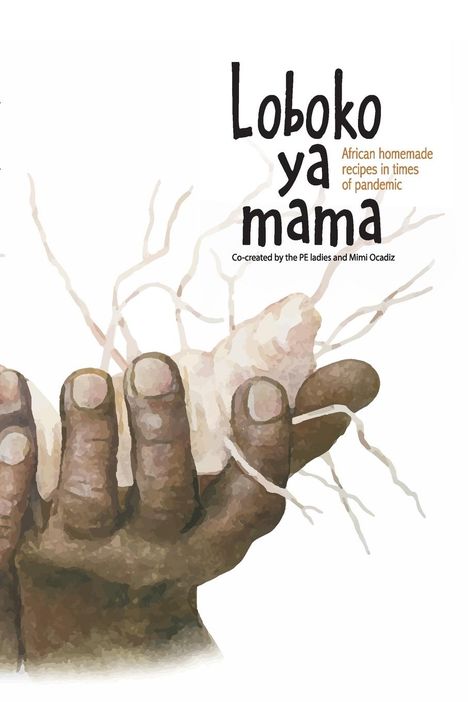Pe Ladies: Loboko ya mama, Kartoniert / Broschiert
Loboko ya mama
- African homemade recipes in times of pandemic
(soweit verfügbar beim Lieferanten)
- Verlag:
- African Books Collective, 06/2024
- Einband:
- Kartoniert / Broschiert, Paperback
- Sprache:
- Englisch
- ISBN-13:
- 9789956554133
- Artikelnummer:
- 11895188
- Umfang:
- 110 Seiten
- Gewicht:
- 173 g
- Maße:
- 229 x 152 mm
- Stärke:
- 6 mm
- Erscheinungstermin:
- 12.6.2024
- Hinweis
-
Achtung: Artikel ist nicht in deutscher Sprache!
Klappentext
During the hard lockdown in South Africa due COVID-19, there were very few social activities for people to indulge in. Food and the kitchen became even more so than before the nerve centre of households, trying out new recipes and exchanging recipes with friends. I recall going out to collect sourdough culture as I had the time to meticulously follow the steps to successfully bake a sourdough bread. Along with, toilet paper and hand sanitizer, flour also made it onto the list of things that were hoarded by shops. People were bored and wanted to try out old recipes that brought back memories; they wanted to try new things that their friends were posting on Instagram. A vibrant cooking lesson culture also emerged on Facebook. Food became the 'Thing' to quell anxieties, bringing back into our busy lives the joys of 'slow cooking' that Alice Waters had long championed, temporarily stifling 'fast cooking' and fast foods. Through food, the kitchen table became more than ever a social glue, giving families the time to appreciate one another and remember recipes of old. Concomitantly, it was also food that we turned to for a solution to curbing, if not curing the spread of COVID-19. Various recipes, combinations and concoctions were widely circulated on social media platforms. This can also be seen in the women's recipes, such as that of Mama Yoyotte's 'Pondu Madesu' (p 53-54), who likes using garlic and ginger because they are very potent to boost the immune system during COVID-19. The collection of recipes in this book, thus, amplifies the power of food in times of uncertainty. Despite living one day at a time, the mothers were able to come together, virtually, to not only share their ways of eating with the world but also to invite the world to their kitchen table. Notwithstanding the grimness and uncertainty of the times, food gave hope, creating new communities, lasting bond, and memories. Food and cuisine -replete with the repertoire of recipes and the rituals of commensalism- became symbolic expressions of these women's sociality, both in the intimate domestic sphere and in relation to the larger group that shares a specific culinary complexities.



